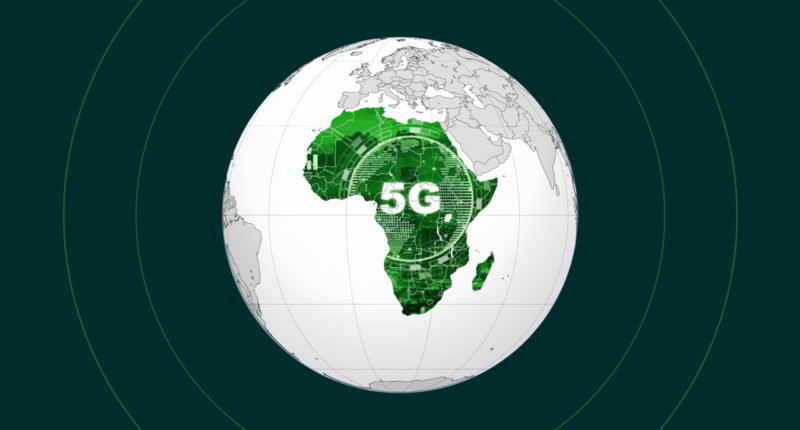The adoption of the fifth generation network on the African continent has been a very slow one. With the 5G network being active in about 70 countries around the world according to a projection by GSMA, only a handful of African countries have caught on.
Nigeria, Africa’s most populous nation, recently joined the short list of countries on the continent which operate the fifth generation technology. The other countries include the likes of Kenya, South Africa, Ethiopia, Seychelles, Zimbabwe, Togo, etc.
State of play
Africa not only has the lowest number of internet connections, it is also tagged as one with the slowest network speed on the globe. For context, South Africa, Africa’s top country with the most mobile internet speed, has an average mobile download speed of 68.9 megabits per second, which is significantly lower than the global average mobile download speed of 77.7 mbps. The country ranks 46th globally.
- A survey by Ookla disclosed that Guinea reported median download speeds as low as 2.89 Mbps in the second quarter of 2022.
- Hence, the need for 5G is justifiable.
The big picture
A special report has revealed that 3G still dominates Africa’s internet because smartphone penetration is not high enough. On a general note, 5G enabled devices are not affordable enough for many Africans. A study in Kenya showed that 94 percent of its population owns devices that cost about $200 or less, while the cheapest 5G devices cost $300 and more.
- Apart from the expensive cost of 5G devices, pioneers of 5G on the continent are facing issues including commercial viability, expensive cost of internet access, lack of clarity in spectrum regulation, amongst others.
What to watch
African governments hope that the fifth generation network would some day better the continent in ways such as introducing drones in large-scale farming, incorporating the use of self-driving cars on roads, commonalizing smart homes and smart cities, and improving cybersecurity. Analysts have predicted that the fifth generation network will progress Africa’s economy by $2.2 trillion come 2034.
- The faster stakeholders address these issues, the faster 5G would progress on the continent.

